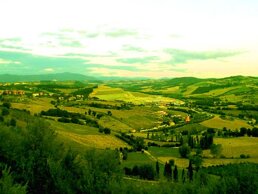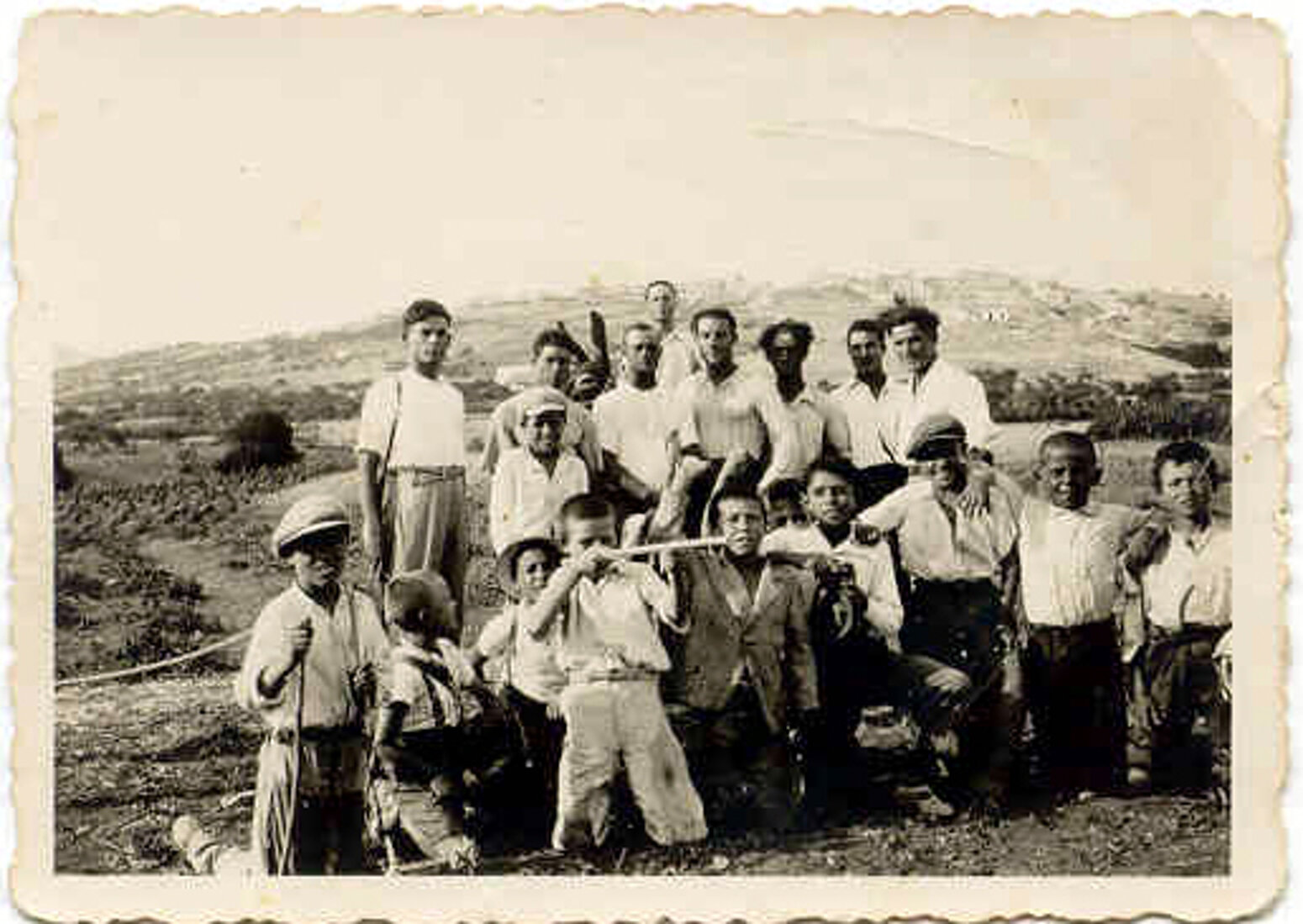



MY NOVEL
"My novel" is practically the fictionalized story of one's own life written by oneself; the story of one's life as one would like to live it.
The difference between the initiatives "Biographies of ordinary people" and "My novel" is that the biographies are stories of lived life, more or less corresponding to reality; my novel, on the other hand, is the story, though fictionalized, of how one would like one's life to be.
Some ideas:
The life of every living being consists of at least three basic periods:
- a PAST made up of the life we have lived up to today;
- a PRESENT made up of the life we are living;
- a FUTURE made up of the life we have yet to live.
The past can still be divided into "remote past," represented by all those episodes now distant in time, and "recent past," represented by all those episodes that happened more or less recently. Remote past, for example, can be the story of one's childhood, while in the recent past there may be pleasant and unpleasant events that still make their presence felt.
In the present we can narrate everything we are doing or trying to do.
In the future we will tell all our projects, those in which we believe in their possible realization, and those for which, alas, we are resigned to the fact that only a stroke of luck could make them come true.
The story of the future will be the most promising part of the whole novel, also because, in telling the future, we will have to do it as if it were realized according to our own aspirations. The story of the future has TWO PROTAGONISTS: one is the author, real and living, the other is the ideal imagined by the author, the one in which the reader would like to identify in reality.
If we want, we could call them "message-novels," that is, novels in which the reader can become the ideal protagonist. The writer is the first protagonist of the novel; if the reader is fascinated by the story, has the characteristics of the writer's second imaginary protagonist and identifies with him, he will get in touch with the author. The rest should happen by itself.
